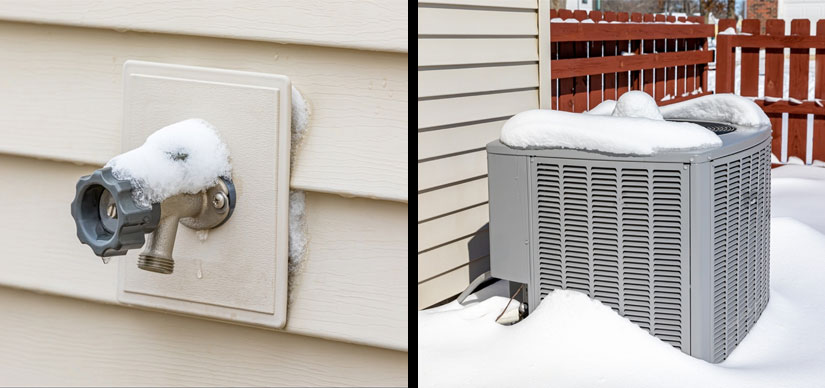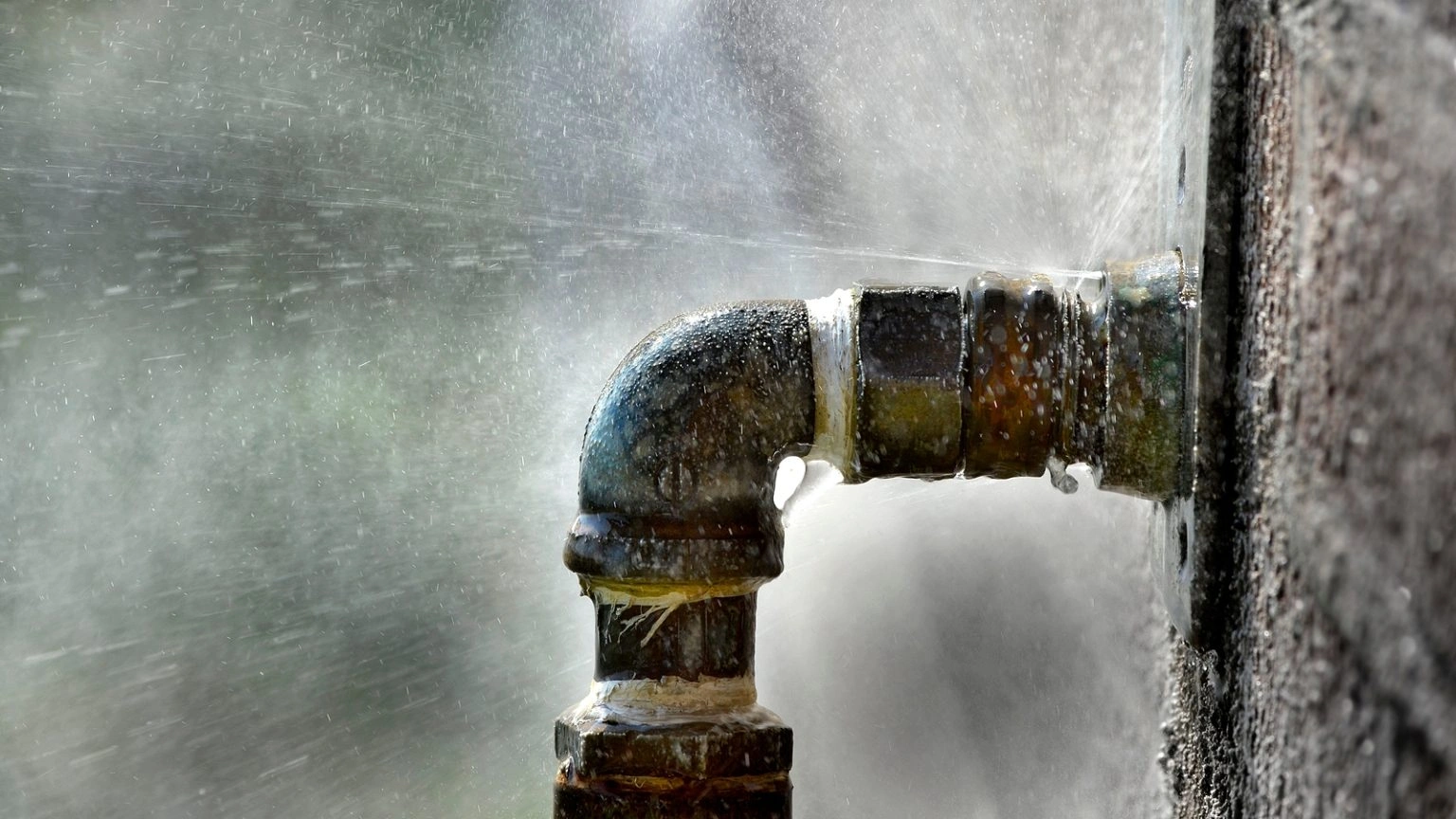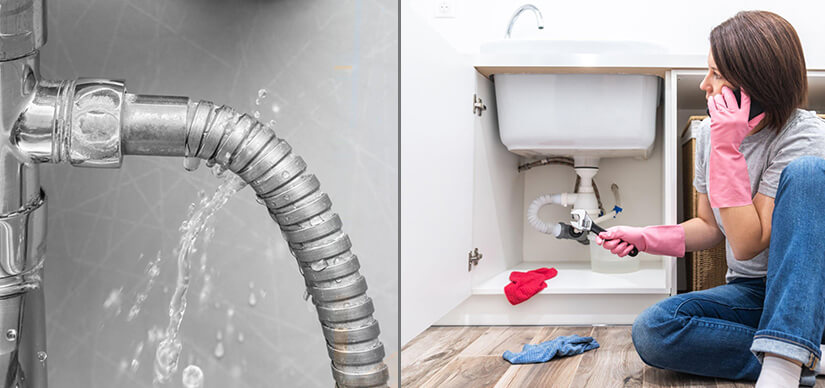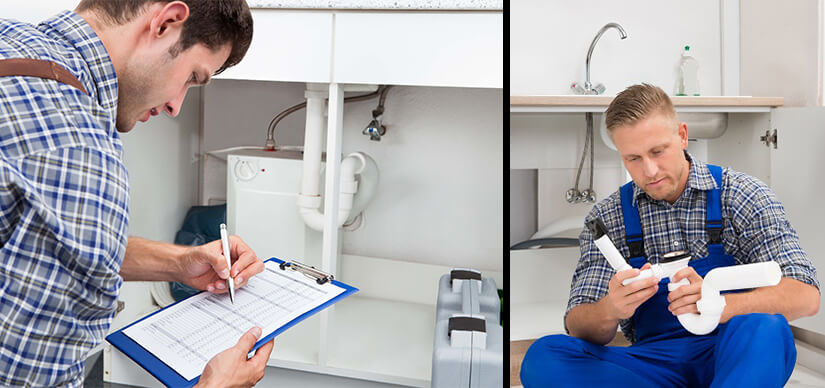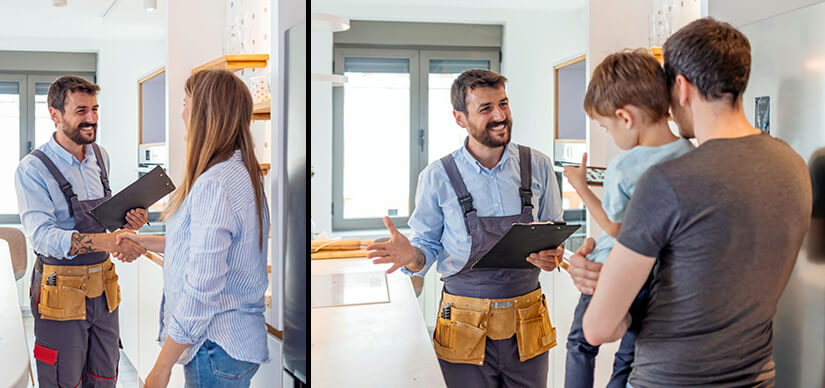Winter Plumbing Guide: Complete Tips for Winterizing Your Home
People who frequently travel or want to take a long winter vacation should take the time to winterize their homes. Why? Since you have no control over the weather and the time your house will sit empty, it is prudent to ensure that it can withstand severe conditions.
Process of “Winterization.”
What exactly does the term “Winterizing” refer to?. In the winter, a house is ready for its next tenant when it can withstand the worst that Mother Nature can throw at it without incurring any unnecessary repairs. Even well-winterized homes can be damaged by stormy, cold weather. Taking the necessary precautions to keep out the elements will prevent “preventable” disasters like burst pipes, gas leaks, and more.
Because winter brings more problems and damage than spring, summer, and fall put together, people who spend the winter in warmer climates who plan to leave their principal home vacant for extended periods should winterize.
Winter’s icy mix of precipitation and gusty winds can cause significant structural damage to homes. Many things that could cost much money to fix may go wrong, such as the roof shingles blowing off or the pipes freezing. For instance, when pipes burst in a home, the damage and repairs may quickly cost a family $5,000 to $70,000.
Those who can afford extended trips also benefit from winterizing their homes. You should leave nothing to chance and secure your home as much as possible, even if you are going to be gone for two weeks because Murphy’s Law states that anything that can go wrong will go wrong at the worst possible time. Spend a weekend in the fall at your summer getaway to ensure everything is ready for the colder months when you won’t use it.
Checklist for preparing your home for winter
To avoid suffocation, turn down the heat
Please keep your thermostat off; set it to the lowest temperature safe for your pipes. The temperature must be high enough to prevent the pipes or other exposed metals from freezing.
You need to turn off the main water supply
A professional should turn the water supply off if you need clarification on its location or how to do so. The main switch is typically a single “handle” that you turn. This way, no pressurized water will be able to enter your house. Still, as previously mentioned, it’s best to involve an expert if you have any doubts.
The water faucets should all be opened
Contact a plumber in Brea if you need assistance turning on your sink or toilet. After the main water supply has been turned off and the drains have been opened. Turn off the main water supply before attempting this, as any remaining water in the pipes could freeze if the temperature outside drops below freezing. Those who are unsure of their abilities should, once again, seek outside assistance. If you are still determining what you are doing, these guidelines will assist you in avoiding making any blunders.
Clear the gutters so water can easily flow through them
It will maintain water circulation, avoiding the leaks and ice blocks that plagued the Northeast two winters ago. You must remove the autumn leaves and other waste accumulated over the year.
If you use natural gas, turn off the main valve
If you want to prevent gas from entering your home while you’re away, call your propane or natural gas service provider and have a technician turn off your gas line. That way, the chance of an unintentional release, which causes those explosions in the news, especially during the winter, is greatly diminished. The risk of gas-related property damage and personal injury can be mitigated by turning off the gas supply to your home. If you need to make any adjustments to your propane or natural gas line, you should always contact your supplier first.
Close all the windows and doors!
Anyone who has ever spent the winter in the northeast or upper Midwest knows how brutal the weather can get. Clear the yard of any outside furniture or anything that could fly around and cause damage during a blizzard. Debris and loose objects in your yard can become projectiles in high winds, so give it a good cleaning and put them somewhere safe.
Share your upcoming travel plans with your neighbors
Assuming you don’t live in an area with known burglars, let your reliable neighbors know when you won’t be around for an extended period this winter. If you want them to “keep an eye on your home” for you, you can ask them to update you on any suspicious activity or damage.
Turn off all of the appliances and gadgets
If you want to keep your electricity costs to a minimum while you’re gone, unplug your gadgets. The power strips you use to safeguard your electronics still draw some power even after all the connected appliances are turned off, so be sure to turn them off when you’re done. In addition to decreasing fire hazards, cutting power to the wires prevents them from overheating and sparking accidentally.
Empty the contents of your water heater and any pipes within the house
Yes, it’s an inconvenience, but it’s nothing compared to the anguish of having your water heater explode and flooding your basement or living area with a foot or more of water. The 30-60 gallons stored in the typical residential water heater can be quickly drained by connecting a hose from the water heater to a basement sink. It’s far more accessible than lugging water up and down the stairs in big buckets. If you flush your water heater, you’ll get some bonus results. Draining your water heater can remove any debris or silt that may have settled to the bottom. Again, if you need help with what you’re doing, it’s best to have a professional plumber in Brea assist you.
Clean the remaining water
Install a low-temperature and water-flow sensor on your main water pipe and link them to a smartphone app or system that monitors your home around the clock. While you’re away, these sensors will notify you of any issues. Inquire about adding water flow and low-temperature sensors to your existing intruder alarm system for more protection. If you own a smartphone, there is an app you can install to receive alerts if there is an issue. If you need assistance installing the sensor, Plumber in Brea can provide it.
Do you require assistance with winterizing your home?
Expert assistance is recommended if you are still determining your ability to complete ANY of these winterizing tasks. Get in touch with the Plumber Brea in your area. If you have any issues with your heating system or would like assistance in appropriately winterizing your home, contact qualified professionals of All Star Plumbing & Restoration at 949-541-6940 and we will be pleased to assist you.
Related Posts


